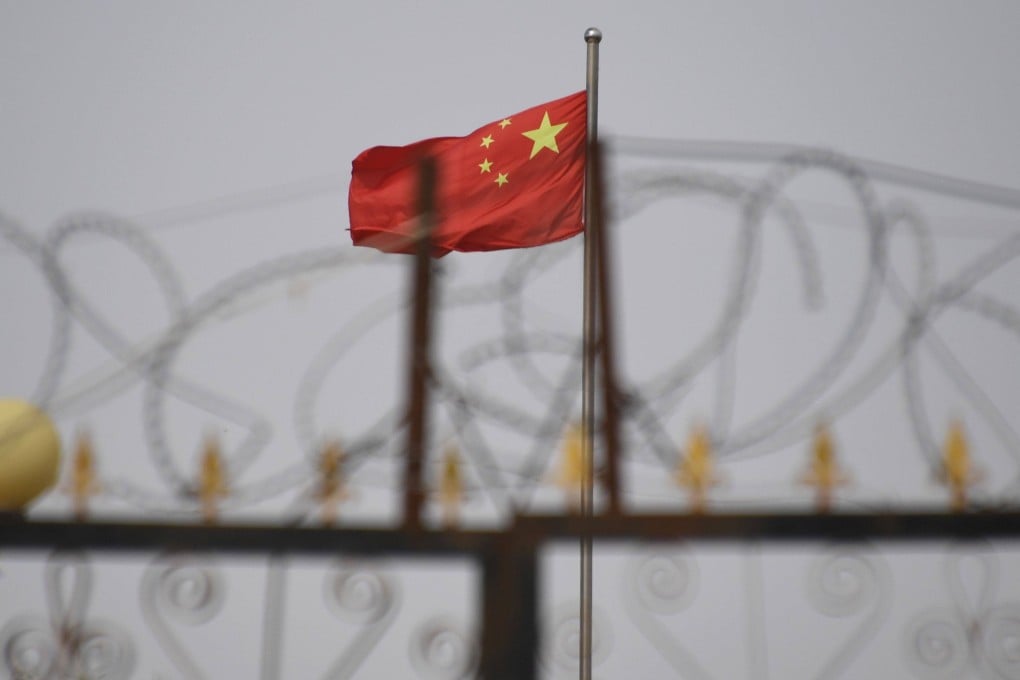Xinjiang: China adds US risk intelligence firm Kharon and researchers to sanctions list over human rights ‘excuse’
- Foreign ministry declares sanctions on Kharon, its research director Edmund Xu and think tank human rights analyst Nicole Morgret
- It is a tit-for-tat response to US Treasury sanctions this month on Chinese entities over alleged human rights abuses

The ministry said Edmund Xu, a research director at Kharon, and Nicole Morgret, a human rights analyst at the Washington-based Centre for Advanced Defence Studies, were also sanctioned. They will be banned from entering China and the assets of all three entities in the country will be frozen.
The two authors have published several reports on the human rights situation and alleged forced labour in Xinjiang.
The ministry said it had lodged a firm protest to the United States over the December sanctions and warned that more countermeasures would follow if Washington did not lift the bans against Chinese entities.
“The United States [is] using the so-called human rights issue in Xinjiang as an excuse to impose illegal sanctions on Chinese officials and enterprises, seriously interfering in China’s internal affairs, seriously violating international law and the basic norms of international relations,” foreign ministry spokeswoman Mao Ning said.
